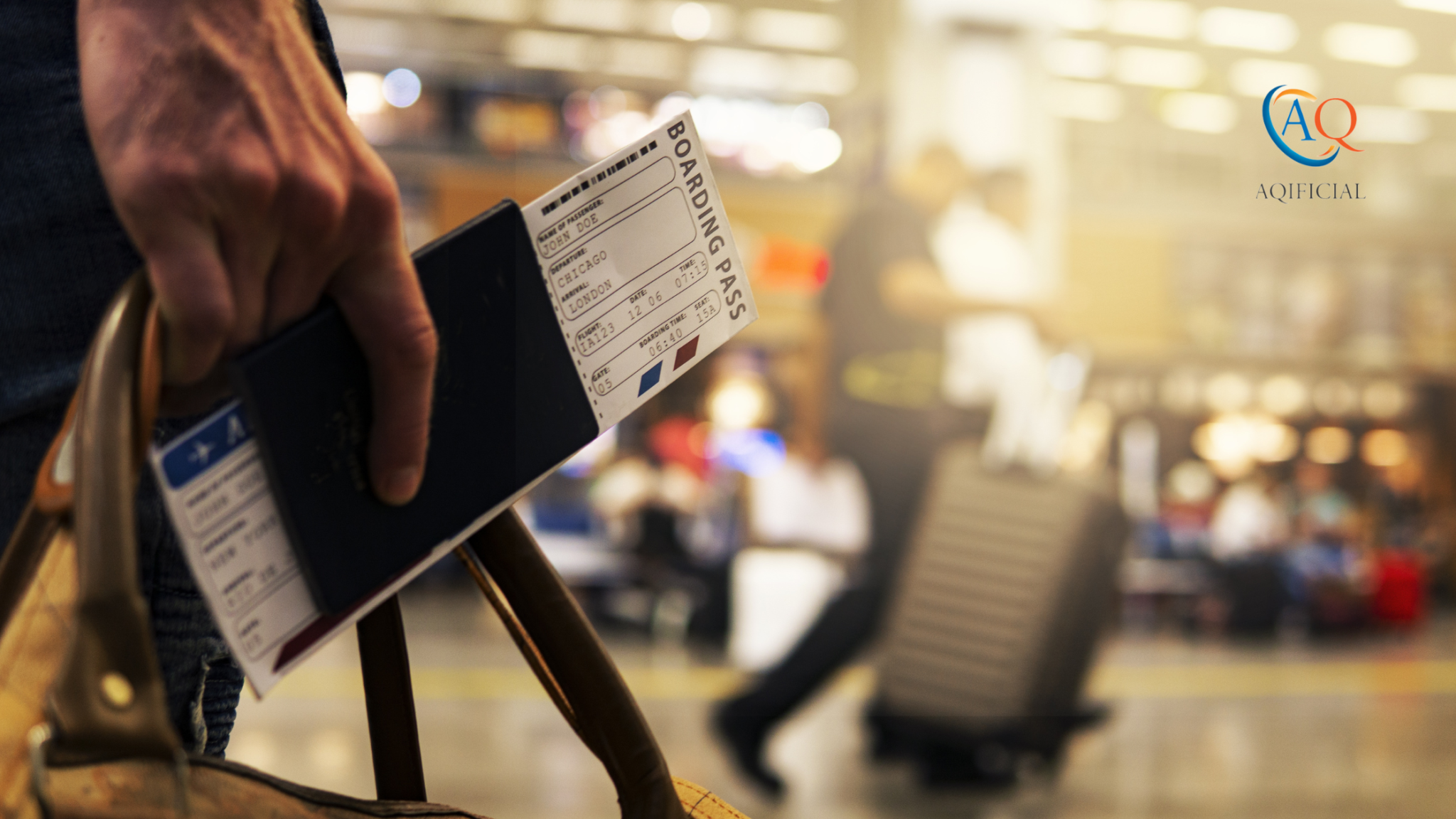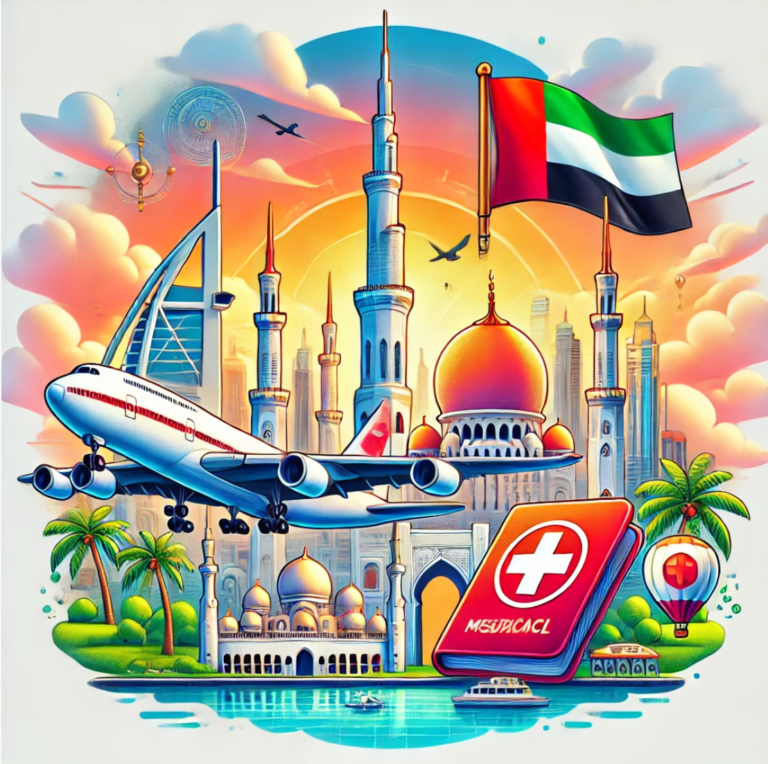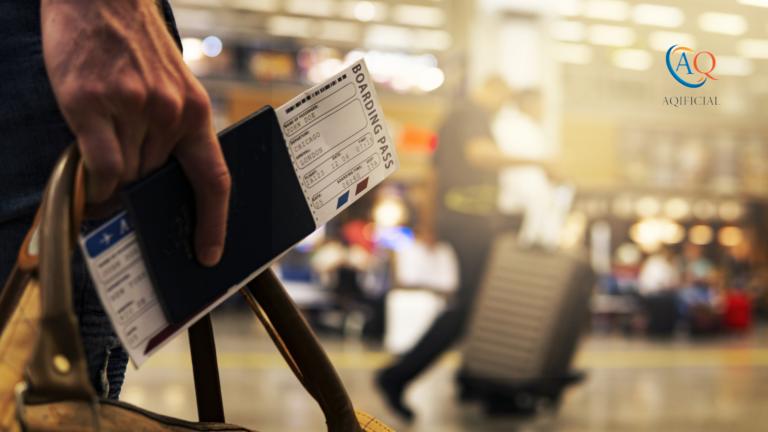Introduction to the Travel Industry and IATA’s Role
The travel industry, a dynamic and ever-expanding sector, significantly contributes to the global economy. Central to this industry’s regulation and standardization is the International Air Transport Association (IATA), which plays a pivotal role in orchestrating global travel operations.
What is IATA?
The International Air Transport Association (IATA) serves as the trade association for the world’s airlines, representing some 290 airlines or 82% of total air traffic. IATA supports many areas of aviation activity and helps formulate industry policy on critical aviation issues.
Importance of IATA Accreditation
Accreditation by IATA ensures that travel agencies are recognized globally as part of a trusted network of companies, able to issue tickets on behalf of IATA member airlines, enhancing their credibility and service capabilities across the world.
Call to Action
For new or expanding businesses in the travel sector, understanding and utilizing the strategic benefits of IATA accreditation can set a solid foundation for global networking and credibility. Consider how accreditation can elevate your business’s potential in the travel market.
Understanding Different IATA Accreditation Models
IATA offers various accreditation models, each designed to cater to different types of businesses from small independent agencies to large corporates. Understanding these options can help you select the ideal accreditation that aligns with your business goals.
Model Comparison
Each model offers distinct benefits and limitations, tailored to the scale and operations of different businesses. For example, full accreditation is perfect for agencies with comprehensive airline ticketing needs, while corporate accreditation suits those focusing on a specific market segment.
Who Should Choose What?
Choosing the right IATA model depends heavily on your business size, market scope, and specific needs. It’s crucial to assess your business strategy and operational scale to select the most beneficial accreditation type.
Steps to Apply for IATA Accreditation
Applying for IATA accreditation involves several detailed steps, each important to ensure a successful application.
Application Process
The process begins with an initial application submission, followed by a review of business credentials and compliance with IATA requirements. Upon successful evaluation, agencies receive their accreditation, opening doors to global airline networks.
Required Documents
Applicants need to prepare a range of documents including business licenses, financial statements, and proof of business operations, which are crucial for the approval process.
Application Tips
Best practices include thorough preparation of your application, maintaining transparency in your financial disclosures, and understanding fully the requirements set by IATA.
Financial Requirements for IATA Accreditation
Financial stability is key in the accreditation process, ensuring that agencies can meet their obligations and operate sustainably.
Preparing Financials
Agencies must demonstrate financial health through audited financial statements and proof of ongoing profitability or financial support.
Why It Matters
Financial health not only ensures compliance with IATA’s standards but also builds trust with global partners and customers, highlighting a stable foundation for business operations.
Understanding IATA’s BSP and CASS Systems
IATA’s Billing and Settlement Plan (BSP) and Cargo Accounts Settlement Systems (CASS) are designed to simplify the sales, reporting, and remittance processes of air tickets and cargo sales respectively.
How They Work
Both systems streamline transactions between airlines and agents, ensuring efficiency and reliability in financial dealings and operational processes.
Getting Started
To integrate these systems, agencies must first secure IATA accreditation, followed by specific training and systems integration support from IATA.
Training and Support from IATA
IATA provides extensive training and support to accredited agencies, ensuring they remain competitive and well-informed in the evolving travel industry landscape.
Training Opportunities
IATA’s training programs cover various aspects of aviation and travel agency operations, enhancing the professional capabilities of agency staff.
Maximizing Benefits
Utilizing these resources can significantly enhance an agency’s operational efficiency and service quality, leading to better customer satisfaction and business growth.
Marketing Your IATA-Accredited Agency
Marketing an IATA-accredited agency involves strategic planning and effective use of digital platforms to enhance visibility and credibility in the market.
Marketing Strategies
Effective techniques include leveraging the accreditation status in all marketing materials, showcasing industry compliance and reliability.
Networking Tips
Networking with other IATA-accredited agencies and participating in industry events are excellent strategies for expanding business reach and building strategic partnerships.
Compliance and Ethics in the IATA Accreditation Process
Maintaining high standards of compliance and ethics is crucial for accredited agencies to uphold their status and reputation in the industry.
Compliance Requirements
Agencies must adhere to stringent IATA regulations and ethical standards, ensuring transparent and fair business practices.
Ethical Considerations
Promoting ethical practices within all business operations not only complies with IATA standards but also builds lasting trust with clients and partners.
Final Considerations Before Applying for IATA Accreditation
Before proceeding with your IATA accreditation application, it is essential to perform a final review of your preparedness and to address any potential gaps.
Final Checklist
Ensure all documentation is complete, and that your business fully understands the accreditation implications and benefits.
Common Pitfalls
Avoid common mistakes such as incomplete applications or inadequate financial documentation, which can delay or hinder the accreditation process.
Expert Advice
Seek advice from industry experts who can provide insights and guidance tailored to your specific business context, ensuring a smooth and successful accreditation journey.
This comprehensive guide aims to equip travel agencies with the essential knowledge and tools to successfully navigate the complexities of IATA accreditation, enhancing their credibility and operational capacity in the global travel market.











